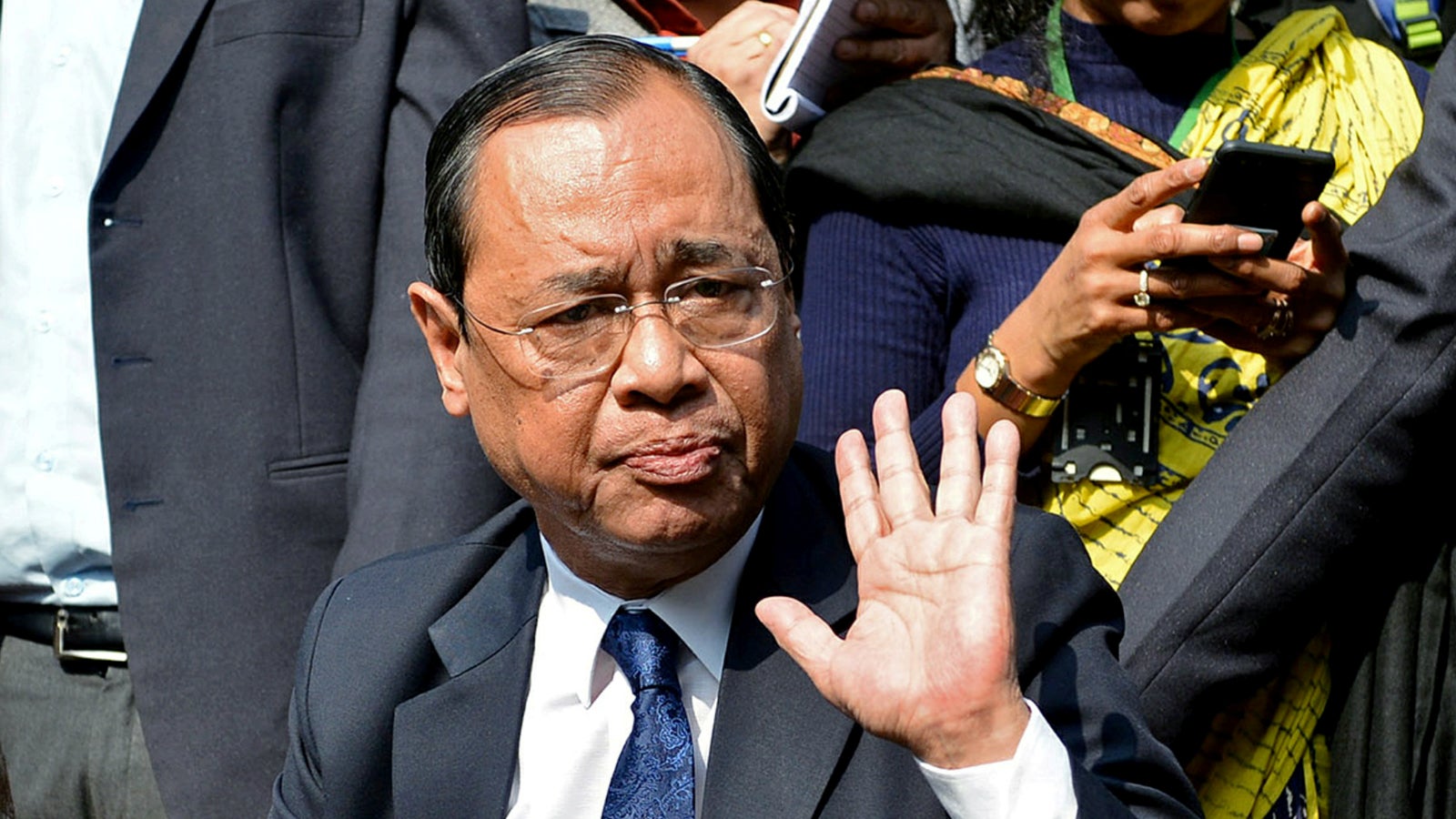Facing #MeToo allegation, Indian chief justice says judges are now wary of hiring female staffers
A recent allegation of sexual harassment against the chief justice of India is now reportedly being cited by other judges to keep women off their staff.


A recent allegation of sexual harassment against the chief justice of India is now reportedly being cited by other judges to keep women off their staff.
At a supreme court meeting earlier this week, chief justice of India (CJI) Ranjan Gogoi claimed that many judges had requested that “only male staff” be posted at their residential offices, “to avoid a potential situation of the kind in which the CJI finds himself,” The Times of India newspaper reported on April 23.
On Friday (April 19), a 35-year-old woman who once worked as a supreme court assistant accused chief justice Gogoi of making sexual advances at her and then harassing her and her family further after she rejected them.
Denying the allegation, the chief justice said they were an attack by “forces that are trying to destabilise the judiciary.” He implied that his opponents had resorted to such tactics as they had been unable to accuse him of monetary corruption since he has a modest bank balance of Rs6.8 lakh ($9,750).
Many promptly took to Twitter to criticise the alleged request by judges for posting only male staff, pointing out how it was deeply sexist, not to mention a reason why women often remain silent about harassment they face at work.
The supposed request echoes current US vice-president Mike Pence’s statement that he does not dine with any woman alone except with his wife, which made headlines in 2017. Such a principle, one critic had claimed, is a “self-serving maxim, designed to protect men against women, and not the other way around. It does little for the women whose careers are stymied by a lack of access to good mentors and peers.”
What the supreme court judges are asking for, appears much graver than the “Pence rule,” if they get their way. In fact, chief justice Gogoi reportedly said it would be difficult to comply with such a request since 60% of the apex court’s staffers are women.
A sitting chief justice of India has never faced charges of sexual harassment till now, though complaints have been lodged against two supreme court judges before: AK Ganguly in 2013 and Swatanter Kumar in 2014.
India has seen unprecedented public grappling with the issue of workplace sexual harassment since late 2018, however, when a massive #MeToo wave hit India, resulting in many prominent men, especially in the media and entertainment industry, being pushed out of jobs. Now it is the turn of India’s legal fraternity, which barely saw a #MeToo ripple a few months ago, to be in the spotlight.
“There are lawyers who actively don’t hire women on their team because it’s too complicated, for reasons like this (the fear of sexual harassment cases),” said Maneka Khanna, a criminal lawyer practising in New Delhi and a member of the Women in Criminal Law Association, which wrote a detailed statement about the charges against chief justice Gogoi.
Out of the 27 supreme court judges in India, only three are women.
However, even accounting for the entrenched sexism in the profession, the judges’ alleged request comes across as worsening the problem. “The idea that some men in the profession have is being legitimised and reinforced by the supreme court judges,” Khanna said. “Random discretionary policies that people adopt for themselves, and which are sexist, have now got a stamp of approval,” she added.
“Such a policy makes you feel you are there at the discretion of men, not because you have a right to be there,” Khanna said.